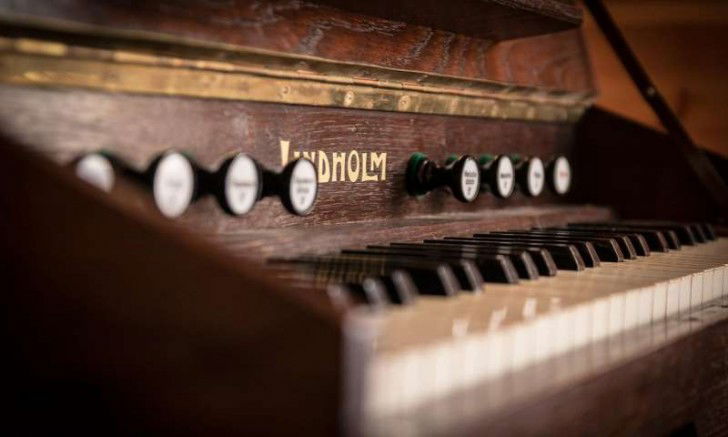Health
Learning with music can change brain structure: Study

London, July 7: Using musical cues to learn a physical task positively impacts parts of the brain that process sound and control movement, according to a new study.
The findings, published in the journal Brain & Cognition, may have implications for future research into rehabilitation for patients who have lost some degree of movement control.
"The study suggests that music makes a key difference. We have long known that music encourages people to move. This study provides the first experimental evidence that adding musical cues to learning new motor task can lead to changes in white matter structure in the brain," said lead researcher Katie Overy from University of Edinburgh in Britain.
For the study, a small group of volunteers were divided into two groups and charged with learning a new task involving sequences of finger movements with the non-dominant, left hand.
One group learned the task with musical cues, the other group without music for four weeks.
Using MRI scans, it was found that the music group showed a significant increase in structural connectivity in the white matter tract that links auditory and motor regions on the right side of the brain.
The non-music group showed no change.
Researchers hope that future study with larger numbers of participants will examine whether music can help with special kinds of motor rehabilitation programmes, such as after a stroke.



































